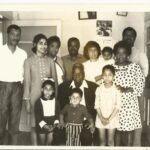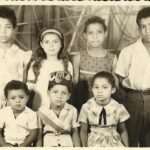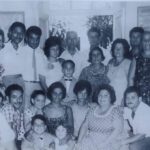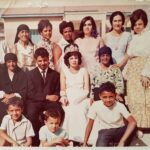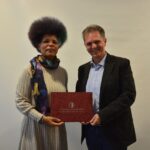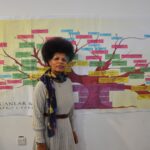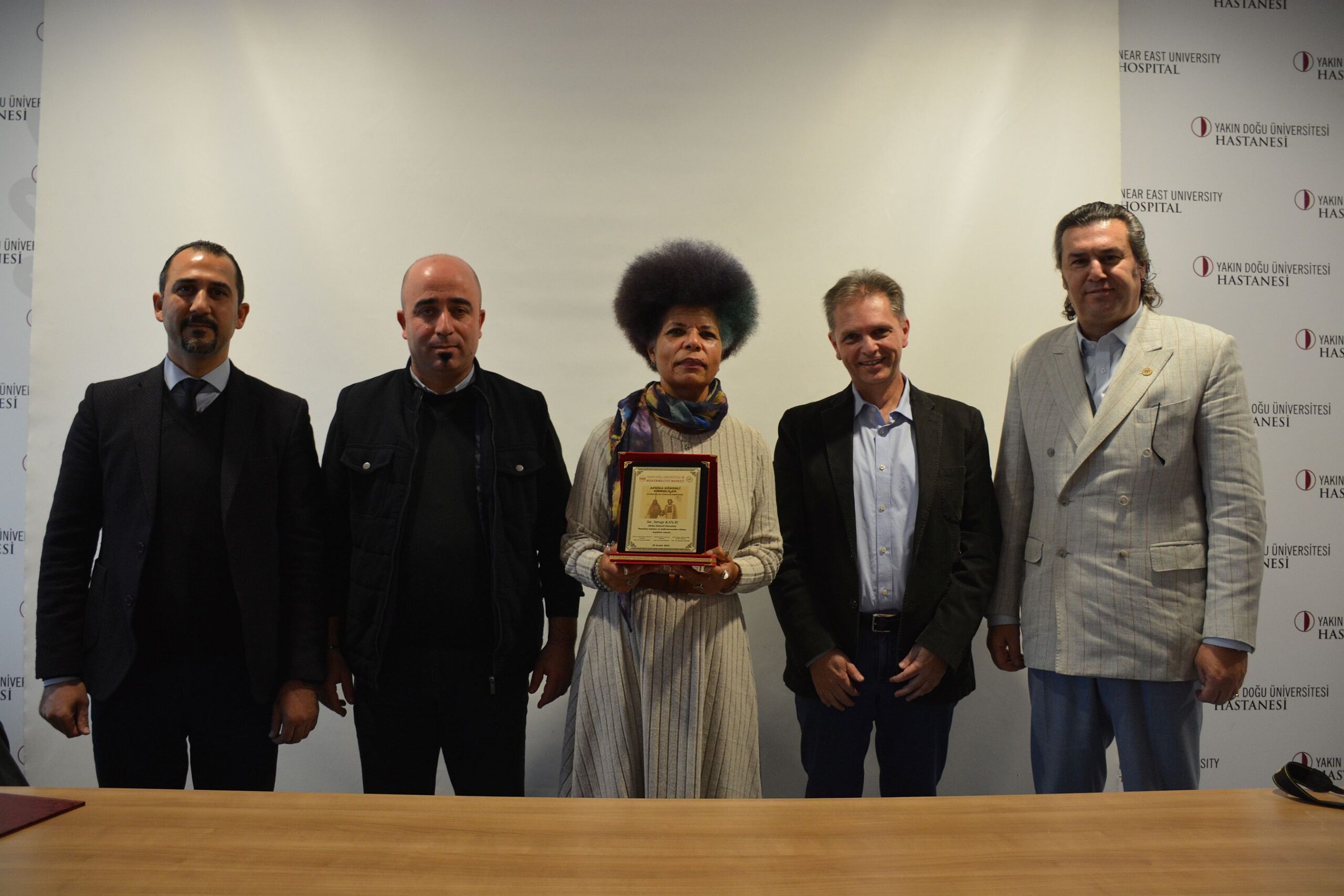
They have been living on the island for centuries and are one of the most important parts of the cultural diversity of Cyprus.
The historical background of Afro Cypriots, who are present in every aspect of social life, their origins and the problems they experience were reviewed in the panel held at Near East University.
During the years when the Island of Cyprus was under the rule of the Ottoman Empire; Cypriots of African origin came from countries such as Sudan, Niger, Libya, Kenya, Egypt, Morocco and Ethiopia and settled on the island. (Afro Cypriots) constitute one of the most important motifs of cultural diversity today.
Cyprus Studies continues with the Near East University Center of Excellence
In the panel organized in cooperation with the Center, researchers and Serap Kanay who is also an Afro-Cypriot Artist, shared striking information about Cypriots of African origin.
The panel chaired by Assoc. Prof. Dr. Burak Gökbulut, Advisor to the Chairman of the Board of Trustees and Atatürk Faculty of Education, Head of Folklore Department, followed by the Head of the Near East University Center of Excellence, Prof. Dr. Evren Hınçal, Director of the Cyprus Studies Center and Near East University Faculty of Arts and Sciences Lecturer Prof. Dr. Şevket Öznur, many academics, students and participants.
Afro-Cypriots mostly live on the Turkish side
In the historical process, people of African origin began to settle in Cyprus during the Roman period and after that, during the Venetian period. The source people from whom Serap Kanay obtained information claim that the real density started in the 1700s. The Afro Cypriots, who came to the island during the period, lived on the island for centuries and completely intertwined with the local people.
Afro-Cypriots are academics, artists, writers, athletes, police officers, teachers, tradesmen, farmers and more.
Emphasizing that she is a member of many professional groups, Serap Kanay said, “We are everywhere now. We exist and we work in many jobs.” Kanay said that the majority of Afro Cypriots
lives in the north of the island today. The regions where Afro Cypriots live most densely are Mesarya, Famagusta, İnönü, Lefke, Serhatköy, Bostancı, Köprülü, Yalova, and Bostancı
Not African, but Cypriot!
Serap Kanay, who defines herself as a ‘Turkish-speaking black Cypriot female artist’ presented her family tree in the hall where the panel took place and talked about her personal experiences.
Kanay also gave information about the lives of African Cypriots. through marriages. Kanay said that, after interviewing over a hundred African-origin people, she is now getting ready to publish three books on the history of African-origin people living on the island and making a mark in history by publishing these books.
Kanay also said that she is a Cypriot but with African roots.
She said that she was proud of becoming a citizen of the island, but she was in a different position than the African people who had recently settled on the island.
In the DNA test done on his mother, it was revealed that his mother came from Sudan, and the test done on his father and himself showed that he is from a different part of Africa.
Reminding that centuries and generations have passed since their ancestors came to the island, she said “Roots of Cypriots extending to Africa from past to present, led to a vast multiculturalism and great circulation. Everyone should know where they come from and their history.” Kanay said that the oral history studies she continues are also nourished by this idea.
At the end of her speech, she referred to a question which she frequently encounters; “Who are you from, girl?” Stating that she started all these research studies out of “curiosity”, Kanay said: “I lived in England. After my grandfather’s death in the period, my curiosity about my origins increased and thereupon I returned to Cyprus to conduct research. The research I carried out have enriched me a lot. Who are we, where are we from and what do we do? Now I know and share it with everyone, so I am at peace now. Living as the “other one” has made me very liberated.”
Racism is everywhere!
In the question and answer section of the panel, there were intense discussions about whether there is racism in Cyprus. Kanay, stating that here are many expressions and phrases used in daily life without much thought, said such behavior normalizes racism, and Kanay said, “The use of “halayık, arab, zen, black, negro” and similar words that have settled in the language, are some of them.” She emphasized that even if it does not contain hatred, this is a part of racism. Kanay stated that they are struggling to completely remove these words from daily language.
Kanay said, “Especially the word ‘halayık’ is not an affectionate term at all. This expression is a despised and evil word in history.
It was a name given to female slaves who could be treated and even raped. Words like arab, halayık, are actually an extension of the racism experienced.”
